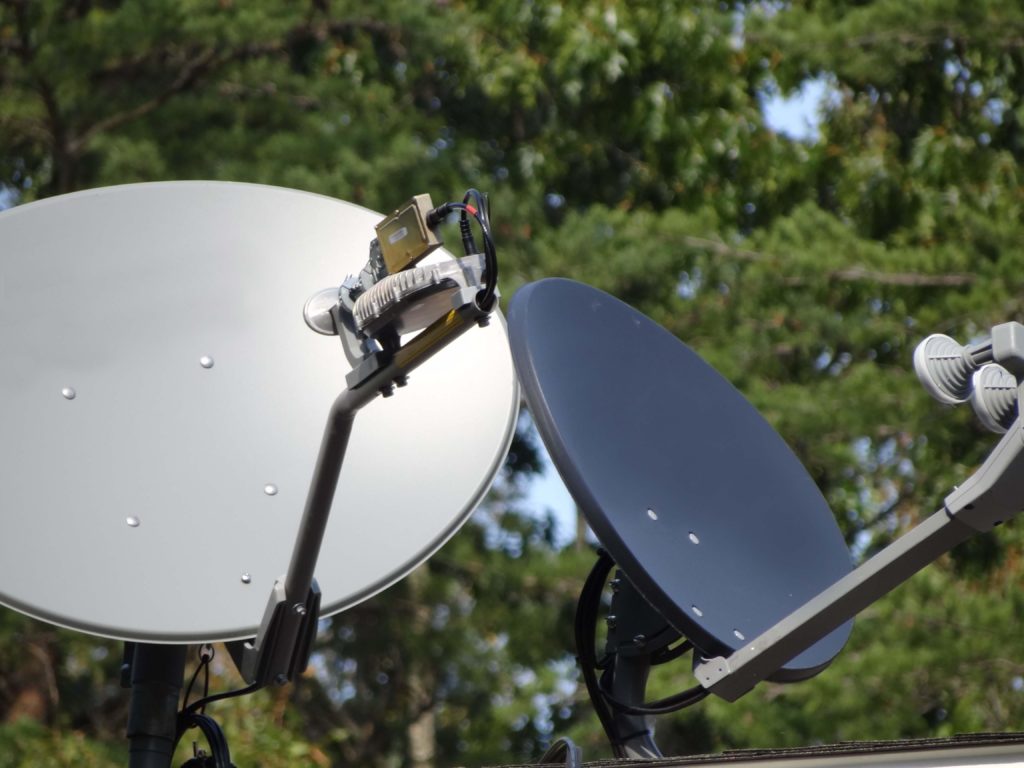Can Syed’s hearing be broadcast?

We have received many inquiries about whether Adnan Syed’s re-opened post-conviction hearing — currently scheduled for Feb. 4 and Feb. 5 — will be televised or broadcast in any form. Initially we were dismissive of the possibility. Now we’re not so sure.
Maryland has a law that prohibits the broadcast of criminal proceedings. The statute, Criminal Procedure § 1-201, states that “a person may not record or broadcast any criminal matter, including a trial, hearing, motion, or argument, that is held in trial court or before a grand jury.” The law goes on to state “a person who violates this section may be held in contempt of court.”
As the statute reads, the prohibition only applies to criminal proceedings. At first blush, this would appear to apply to Syed’s proceeding.
Civil proceedings, however, are dictated by a different set of rules. Maryland Rule 16-109 states that “unless prohibited by law or this Rule, extended coverage of proceedings in the trial and appellate courts of this State is permitted in accordance with this Rule.” Thus, the rules provide for at least the possibility that somebody could broadcast a civil proceeding – if they jump through a few procedural hurdles, such as making a timely request to the clerk of court, and obtaining the approval of the presiding judge.
Here is where the issue gets interesting. A post-conviction proceeding is something between a criminal and a civil proceeding. It is neither fish nor fowl. On one hand, for example, the rules dictating post-conviction procedure fall under Title 4 of Maryland Rules, which is titled “Criminal Causes.” But, on the other hand, there is a very plausible argument that a post-conviction proceeding is actually a civil proceeding. Here is how the Maryland Court of Appeals once described it:
“Postconviction relief is even further removed from the criminal trial than is discretionary direct review. It is not part of the criminal proceeding itself, and it is in fact considered to be civil in nature. It is a collateral attack that normally occurs only after the defendant has failed to secure relief through direct review of his conviction. States have no obligation to provide this avenue of relief, and when they do, the fundamental fairness mandated by the Due Process Clause does not require that the State supply a lawyer as well.” Grandison v. State, 425 Md. 34, 55-56 (2012) (quoting Pennsylvania v. Finley, 481 U.S. 551, 555–57 (1987)).
Thus, there is certainly room for argument on both sides. So, to answer the many questions we have received about whether the proceeding could be broadcast, we simply do not know. Nor do we know whether any news organization has or will attempt to do so.
